Roofers Near Me with Free Estimates: How to Get a Fair Roofing Quote
Searching for roofers offering free estimates represents the first step in most roofing projects, but understanding how to obtain and evaluate those estimates determines whether you get fair pricing or overpay by thousands. Free estimates from roofing contractors vary wildly in quality—from detailed, itemized proposals to vague one-line quotes that hide critical costs. Learning what legitimate free estimates should include, questions to ask during inspections, and red flags signaling dishonest contractors helps homeowners make informed decisions and avoid the buyer's remorse that comes from choosing poorly based on incomplete or misleading quotes.
What "Free Estimate" Actually Means
Free estimates from roofers include on-site inspection, measurement, damage assessment, and written proposals detailing recommended work and costs—all at no charge. Quality contractors view free estimates as marketing investments attracting customers through professional service rather than charging for preliminary consultations. This practice benefits homeowners by allowing cost comparisons without financial risk.
However, "free" doesn't mean "no strings attached." Contractors invest time and expertise expecting reasonable chances at winning projects. Requesting 10 estimates wastes contractors' time and rarely provides additional value beyond 3-4 quality quotes. Respect contractors' time by being serious about proceeding with work, providing accurate information, and responding promptly about decisions. This professional courtesy helps maintain good relationships and often results in better service throughout projects similar to experiences with major roofing investments.
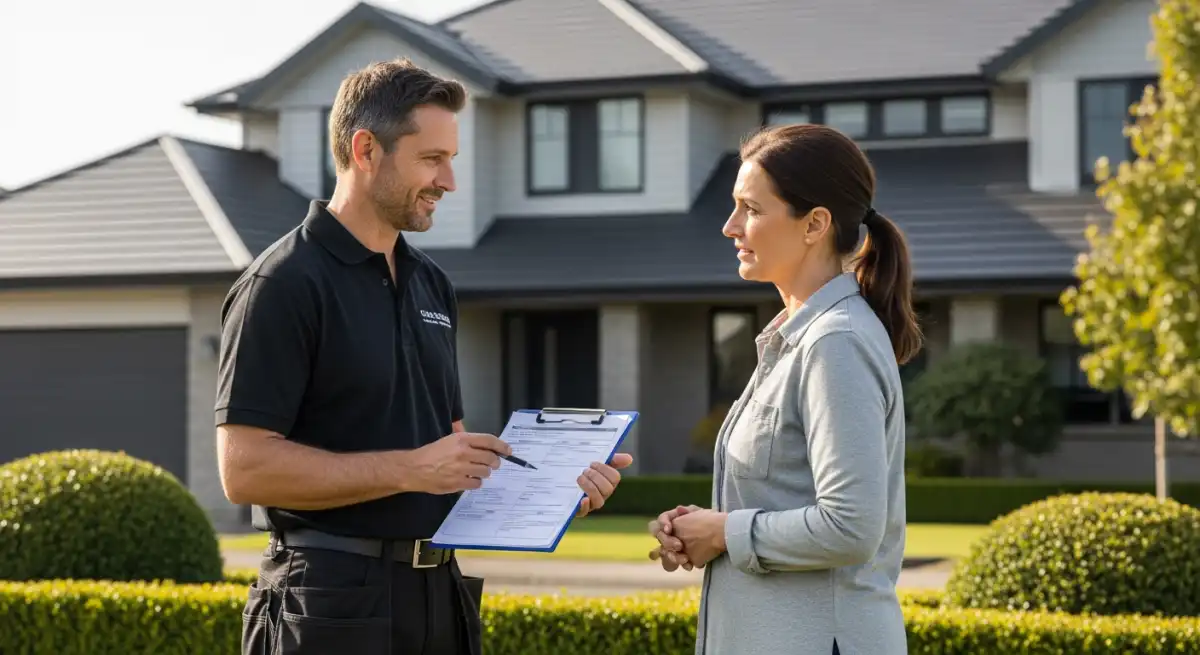
Finding Roofers Who Offer Free Estimates
Most reputable roofing contractors offer free estimates as standard practice in competitive markets like Northern Virginia. Online searches for "roofers near me with free estimates" return numerous options, but not all deserve consideration. Start with contractors having established local presence—physical addresses, verifiable phone numbers, and years in business. Check online reviews on multiple platforms, looking for detailed feedback about estimate accuracy, communication, and completed work quality.
Personal referrals from neighbors, friends, or family who've had roofing work provide valuable leads. Local building supply companies often recommend contractors they work with regularly. Professional associations like the National Roofing Contractors Association maintain member directories. Avoid contractors without established businesses—unmarked trucks, P.O. box addresses, or reluctance to provide credentials suggest fly-by-night operations disappearing after collecting deposits.
What Quality Free Estimates Include
Comprehensive estimates begin with thorough roof inspections. Contractors should physically access roofs, not just view them from ground level. They measure roof area accurately, assess current condition, identify all damage or deterioration, check attic ventilation, and inspect flashing, gutters, and related components. This inspection typically takes 30-60 minutes depending on roof size and complexity.
Written proposals detail specific work scope, materials by brand and model, labor costs, timeline estimates, warranty information, and payment schedules. Quality estimates explain what's included and excluded, addressing details like debris removal, dumpster costs, permit fees, and protection of landscaping. They specify roof deck repairs, underlayment type, and ventilation improvements. Detailed estimates allow accurate comparison between contractors and prevent surprise costs during projects. This transparency parallels quality practices in professional roofing services throughout the industry.
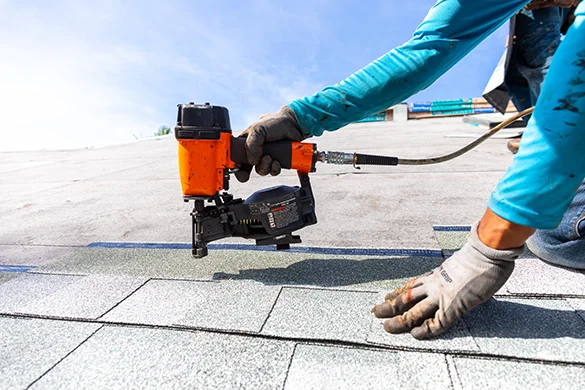
Questions to Ask During Estimate Appointments
Prepare questions before estimate appointments to gather information needed for informed decisions. Ask how long contractors have been in business and how many roofing projects they complete annually. Inquire about specific experience with your roof type—steep pitch, low slope, or complex architectural features. Question their crew composition—employees versus subcontractors—affecting work quality and liability.
Request licensing and insurance verification. Ask about warranty coverage on both materials and workmanship, including duration and what's covered. Discuss timeline expectations and factors that might cause delays. Inquire about payment schedules—quality contractors never demand full payment upfront. Ask how they handle unexpected discoveries like hidden deck damage. These questions reveal professionalism and expertise while providing data for comparing contractors.
Understanding Estimate Components
Roofing estimates break down into several cost components. Materials typically represent 40-60% of total costs, including shingles, underlayment, flashing, ventilation, and fasteners. Labor costs 30-40%, varying based on roof complexity, pitch, and accessibility. Additional costs include permits, dumpster rental, roof deck repairs, and disposal fees. Understanding these components helps identify where estimates differ.
Material specifications significantly affect pricing. Architectural shingles cost more than three-tab. Premium underlayments exceed basic felt paper costs. Proper ventilation adds expenses but protects roof investments. Beware of estimates using "economy" or "builder-grade" descriptions without specifying actual products—these vague terms hide inferior materials. Quality contractors specify exact materials allowing you to research products and understand what you're buying. This detailed approach ensures informed decisions about roofing investments and expected performance.
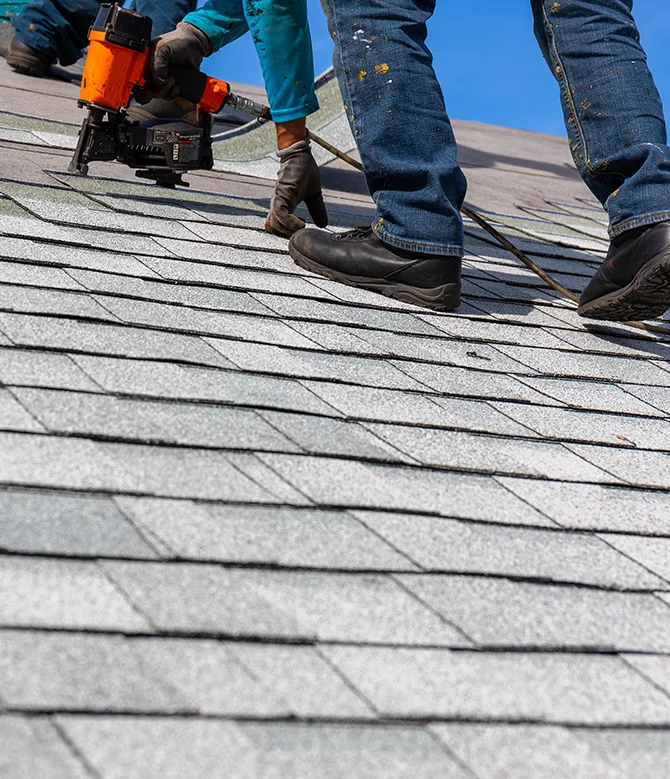
Comparing Multiple Estimates Effectively
Obtain at least three estimates to understand fair market pricing and compare contractor approaches. Create spreadsheets listing each contractor, proposed materials, work scope, costs, timeline, and warranty terms. This organized comparison reveals differences that verbal discussions obscure. Don't simply choose the lowest bid—understand why estimates vary and what drives cost differences.
Significantly low bids often signal corners being cut through inferior materials, unlicensed labor, or work scope omissions. Extremely high bids may reflect inefficiency or contractors uninterested in your project. Middle-range estimates from contractors with strong references typically offer best value. Focus on what's included for the price rather than just bottom-line numbers. A $8,000 estimate including premium underlayment and extended warranties may provide better value than a $6,500 quote using minimum materials with limited coverage.
Red Flags in Free Estimates
Certain warning signs indicate contractors to avoid regardless of attractive pricing. Pressure tactics demanding immediate decisions or claiming limited-time discounts suggest dishonest business practices. Requests for large upfront deposits—more than 10-20%—indicate cash flow problems or potential scams. Contractors arriving in unmarked vehicles without business identification lack professional legitimacy.
Vague estimates without material specifications or detailed work descriptions create disputes later. Resistance to providing proof of insurance or licensing suggests they lack required credentials. Unwillingness to provide references indicates problematic work history. Estimates significantly below others—30%+ lower—almost always involve hidden costs, inferior work, or outright fraud. Trust your instincts—if something feels wrong, it probably is. These red flags apply equally when evaluating contractors for siding repairs or other major projects.
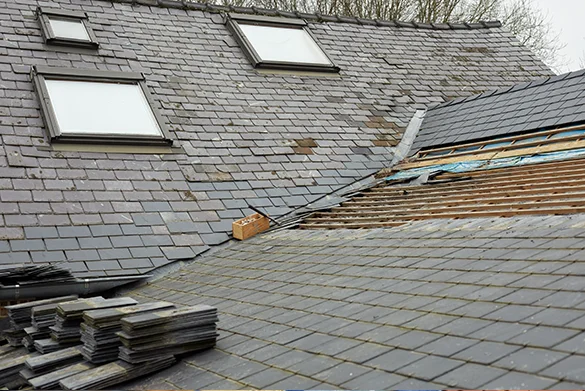
Verifying Contractor Credentials
Never accept contractor credentials at face value. Verify licensing through Virginia's Department of Professional and Occupational Regulation website using contractor names and license numbers. Confirm current insurance coverage by requesting certificates of insurance showing both general liability and workers' compensation coverage. Call insurance companies directly to verify policy status—some contractors show expired or fraudulent certificates.
Check Better Business Bureau ratings and complaint histories. Review multiple online platforms—Google, Yelp, Angie's List—for patterns in customer feedback. Contact recent references asking specific questions about work quality, communication, timeline adherence, and problem resolution. Visit completed job sites if references permit. These verification steps take time but protect you from contractors whose estimates promise more than their actual capabilities deliver.
Timing Your Estimate Requests
Request estimates when you're genuinely ready to proceed with roofing work. Spring and fall represent peak roofing seasons when contractors stay busiest and may take longer scheduling estimates. Winter and late fall sometimes offer faster response times and potentially better pricing as contractors fill schedules. However, don't delay necessary repairs waiting for off-season savings—roof damage worsens rapidly.
Allow contractors 1-2 weeks for estimate delivery after inspections. Complex projects or those requiring multiple material quotes need additional time. Follow up if estimates don't arrive within promised timeframes—responsiveness during estimates predicts communication quality throughout projects. Schedule estimate appointments when you can be present to discuss findings, ask questions, and understand recommendations rather than relying solely on written proposals delivered later. This engagement improves decision-making similar to planning major roofing upgrades requiring careful consideration.
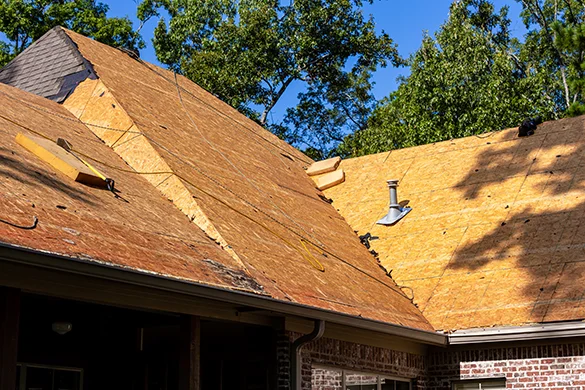
Understanding Estimate Validity Periods
Most roofing estimates remain valid for 30-60 days. Material prices fluctuate with commodity markets, making long-term price guarantees difficult for contractors. Seasonal demand affects labor availability and pricing. Estimates typically include validity periods after which contractors may adjust pricing to reflect current costs.
Don't expect indefinite price holds on estimates. If you need time to make decisions or arrange financing, communicate with contractors about timeline expectations. Some may extend validity periods for serious customers. Others might require reissuing estimates with updated pricing. Understanding these practical limitations helps maintain good contractor relationships and realistic expectations about pricing stability.
Negotiating Roofing Estimates
Limited negotiation opportunities exist with roofing estimates, unlike some other services. Reputable contractors price work fairly based on known costs plus reasonable profit margins—they're not marking up 50% expecting negotiation. However, some flexibility exists around timing, material selections, and work scope that can affect final costs.
Ask about discounts for scheduling work during slower periods. Inquire whether choosing different material brands or grades affects pricing. Discuss whether deferring certain optional upgrades reduces immediate costs. Avoid aggressive negotiation tactics that alienate contractors or pressure them into unprofitable bids where they'll cut corners to make margins. The goal is fair pricing for quality work, not rock-bottom costs that compromise results. This balanced approach ensures value similar to principles guiding repair versus replacement decisions.
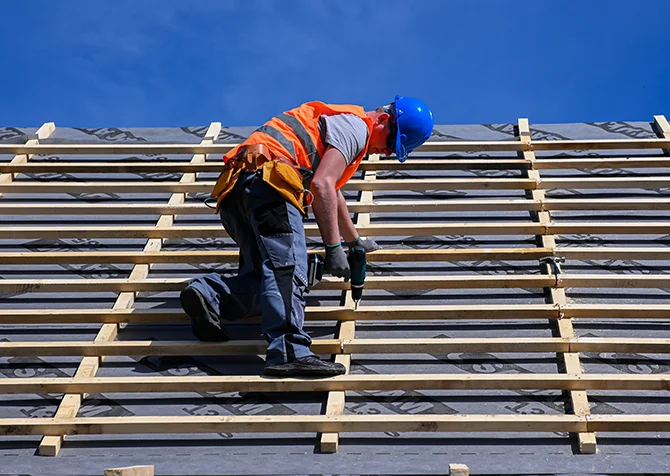
Written Contracts vs. Estimates
Estimates represent preliminary pricing and work scope proposals. Contracts formalize agreements with legally binding terms. After accepting an estimate, insist on comprehensive written contracts before work begins. Contracts should incorporate all estimate details plus payment schedules, change order procedures, timeline expectations, warranty terms, and cleanup responsibilities.
Review contracts carefully before signing. Ensure all verbal agreements appear in writing—if it's not documented, it's not agreed. Clarify any confusing language or undefined terms. Never sign contracts with blank sections or missing information contractors promise to "fill in later." Legitimate contractors provide complete contracts protecting both parties. Proper documentation prevents disputes and ensures professional accountability throughout projects.
Getting the Most from Free Estimates
Maximize free estimate value by preparing your home and questions before appointments. Clear roof access by moving vehicles, trimming overhanging branches, and ensuring pets are secured. Compile information about your home's age, previous roofing work, and known issues. This preparation helps contractors provide accurate estimates efficiently.
Take notes during estimate appointments. Ask contractors to explain anything unclear. Request material samples or brochures for products they recommend. Don't feel pressured to make immediate decisions—quality contractors respect your need to review proposals carefully. Use estimates as learning opportunities about your roof's condition and available options. This knowledge helps you make informed decisions protecting your home and investment for decades. For professional free estimates from experienced Northern Virginia roofers, contact Reston Roof at (571) 453-6515 for detailed inspections and comprehensive proposals helping you make confident roofing decisions.
